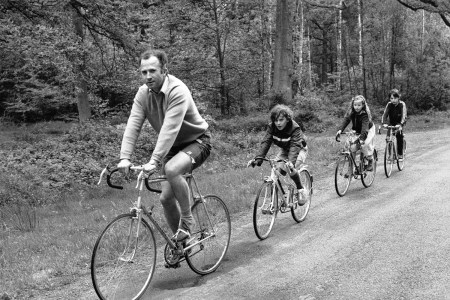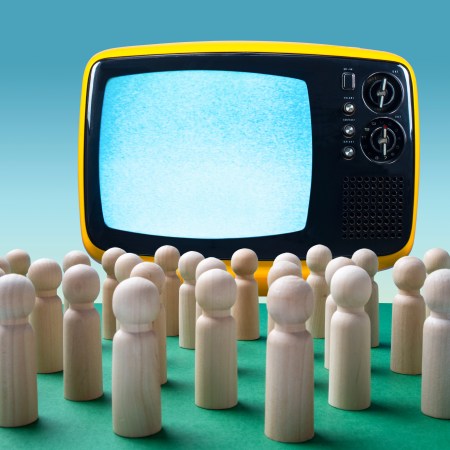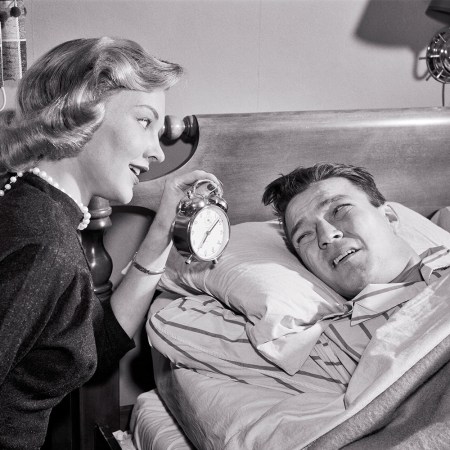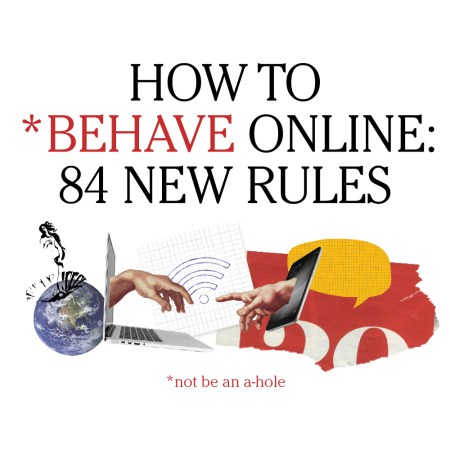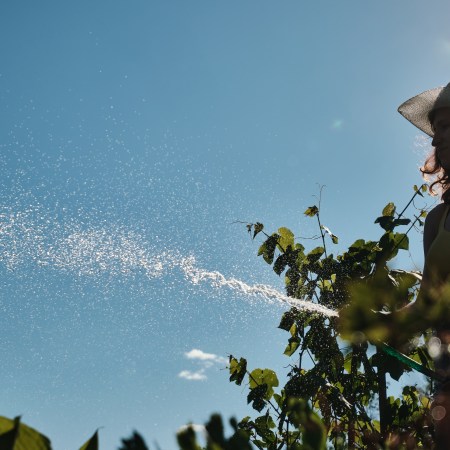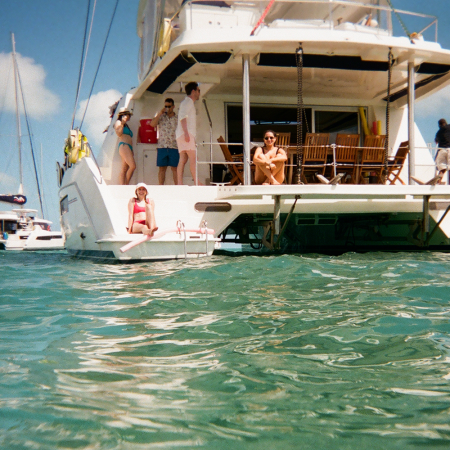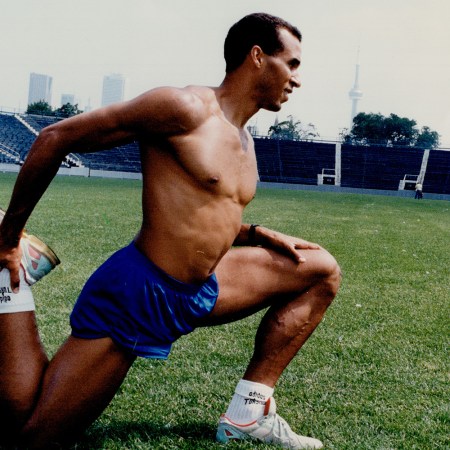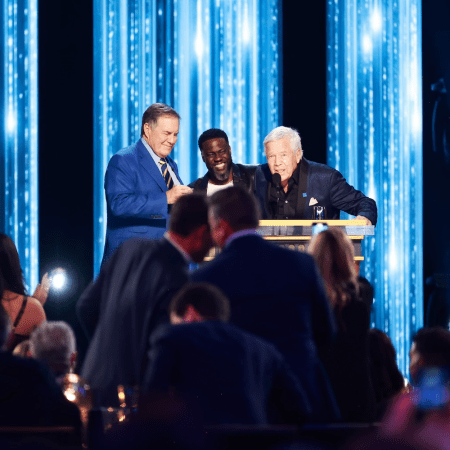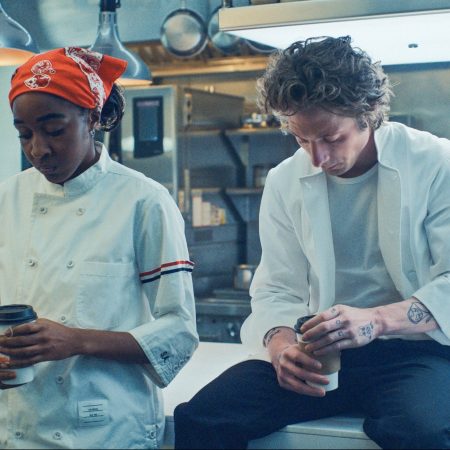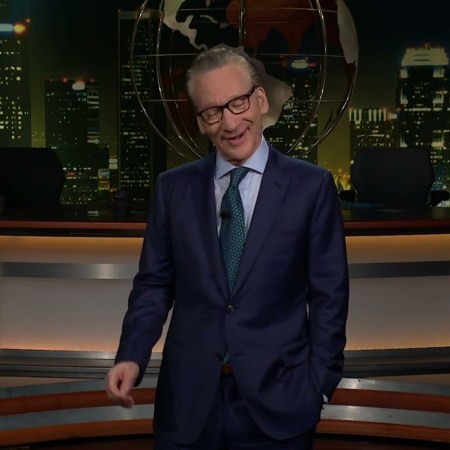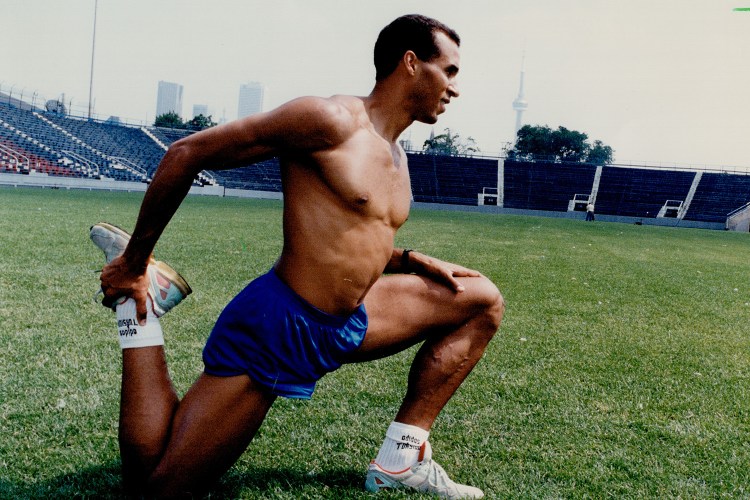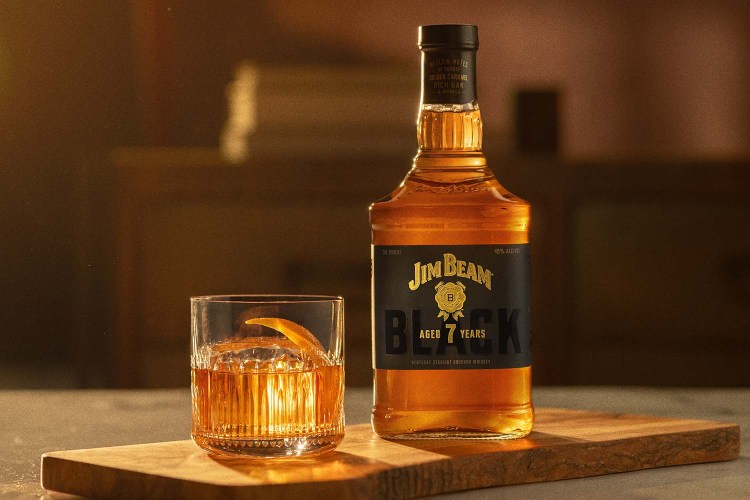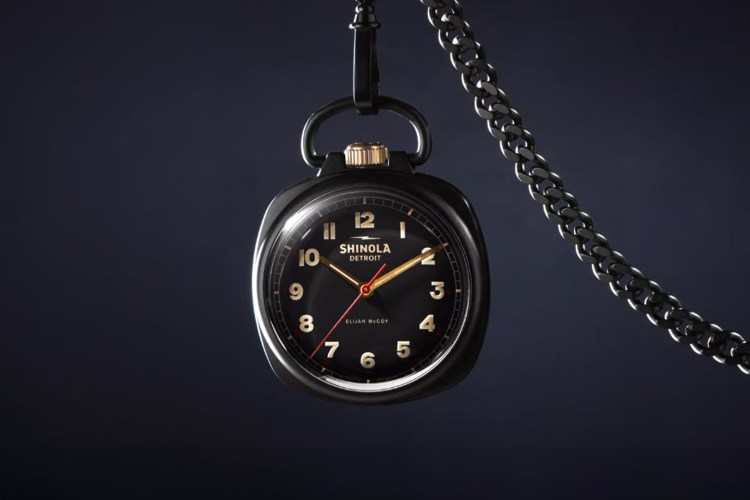Nineties nostalgia has dominated the 2020s. The TikTok generation discovered Friends during the pandemic; it’s hard to walk a city block these days without spotting oversized jeans or old sneaker silhouettes (Nike P-6000, New Balance 530, etc.), and “single-use” tech — vinyl records, cassette tapes, Game Boys, Tamagotchis, Polaroid cameras — continue to find favor amongst anemoia-addled adolescents.
In recent months, the retro craze has found its way to parenting, where it’s less of an aesthetic…and more of a proactive prescription for living.
A contingent of parents online (many of them “mommy influencers”) have vowed to “raise their kids like it’s the ’90s,” and regularly post videos detailing exactly what that means to them. Head to TikTok, and there are hundreds of videos with a tag to the effect of “raising ’90s kids,” each with tens of thousands of views. Same for Instagram Reels. The trend has also spilled into parenting blogs and Reddit.
The movement doesn’t have an explicit definition, but it subscribes to the idea that the young lives of yesterday’s children were more fruitful — more wondrous, spontaneous, off-grid and outdoors. More Huck Finn, basically. It follows that parents today have a responsibility to encourage this old paradigm, to steer them away from a tech-addicted existence, from the mounting, damning evidence — as presented by the likes of Jonathan Haidt, author of The Anxious Generation — that the kids are not alright.
A Family Virtue That Men Are Pretty Bad at Protecting
We can get a lot better at “kinkeeping,” fellas. Here’s how it works.What does this look like in practice? As ever, parents are eager to share examples. Here are some key examples we’ve compiled from a variety of sources:
- Letting kids play in the elements: woods, rain, mud, etc.
- Playing board games as a family
- Encouraging games for boredom, like “I Spy”
- Sticking to just one sport (or activity) per season
- Giving them money to buy candy at the store
- Letting them wander the neighborhood, bike around with friends, etc.
- Expecting them to cook/prepare basic meals (like eggs on toast or mac and cheese)
It goes on from there, and you can probably imagine at least seven more bullets. Of course you can — most adults were raised this way, especially those who grew up before the 1990s.
That’s a funny thing about this movement; it might be a slight misnomer. Social psychologists like Haidt actually tend to identify the ’90s as the decade that this sort of childhood started to disappear…but you can excuse these inspired Millennial parents for assuming they had the same keys to the kingdom as kids as in the ’80s and ’70s. After all, they’re only reacting to today’s landscape, a bubble-wrapped mess of concerned emails, over-scheduled little persons, CPS alerts, chaperoned Halloweens, inter-family spyware and social media blackholes.
At some point in the aughts, childhood lost its luster. This wasn’t an accident; it was stripped away. Anxious kids are now paying the price, openly longing for an era they never had.
What’s so compelling about this ’90s-style rearing strategy isn’t just that its representative content often looks like a golden-aged dream (how nice to see kids outside in the sunshine). It’s in the struggles that this approach inherently creates. Kids raised in the old ways are more likely to take risks and face challenges. They’re more likely to get into fights and solve problems, find little worms under rocks and kiss a crush. They may come home sobbing, cradling a broken wrist. And all of it is fine.
In an age of so many parenting types — snowplow, helicopter, tiger — this approach is probably closest aligned with “free range” parenting. The type likely to vouch for “risky play.” It seems, though, like one could embrace this ’90s parenting trend without having to subscribe to a moniker of philosophy. How strange is it, really, in an age where childhood has been flipped down, around and uploaded online, to simply pine for what it used to be?
If taking your kids on a hike, or letting them walk to school, needs a name in order for it to be a thing…then so be it. But it seems common-sensical (and, quite frankly, essential) that kids be given a chance at the way childhood used to be.
Whether you’re looking to get into shape, or just get out of a funk, The Charge has got you covered. Sign up for our new wellness newsletter today.

